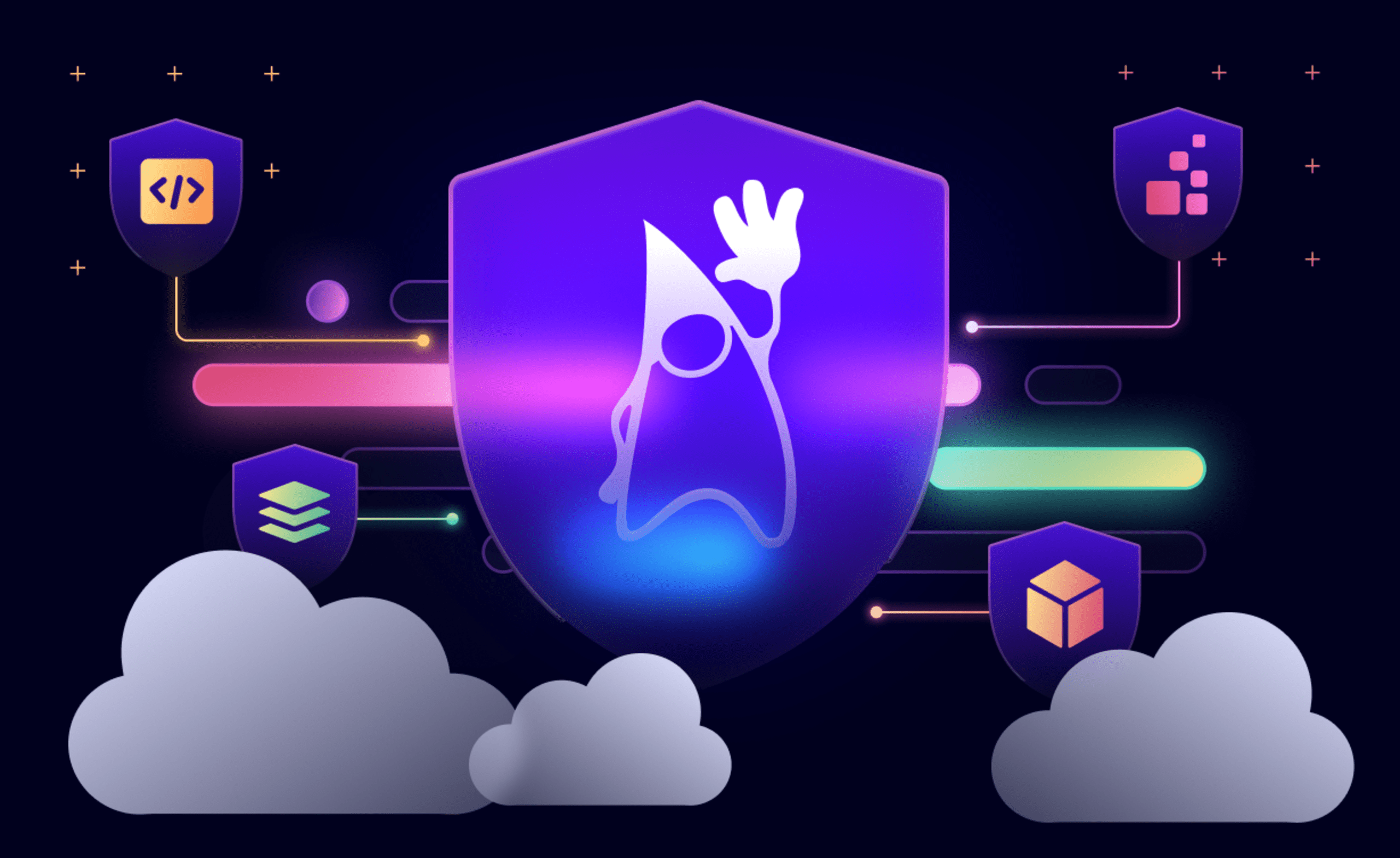CLI
Find and fix Java code, open source libraries, and container vulnerabilities in your projects and pipelines.
AppSec for Java
From your first line of code to your last Maven and Gradle dependencies, Snyk keeps your Java and Kotlin applications secure right from your IDE, CLI, and Git workflows.
Or sign up with Bitbucket and more options
By using Snyk, you agree to abide by our policies, including our Terms of Service and Privacy Policy.

Snyk secures vulnerabilities in your Java and Kotlin code and Maven and Gradle libraries right from your IDE, Git repos, and CLI.
Run Snyk in your CLI, or seamlessly integrate with your IDE and Git repos.
Snyk continuously monitors your apps for vulnerabilities in real time.
Apply in-line security fixes in your IDE or merge suggested fix PRs.
Snyk supports your favorite Java package managers, frameworks, libraries, and IDEs.

By building security scanning and fix advice into your CLI, IDE, and Git repos, developers can move faster and security teams spend less time on low level reviews.

Find and fix Java code, open source libraries, and container vulnerabilities in your projects and pipelines.

Scan your Java code in real-time and get in-line fix suggestions directly in your favorite IDEs, including Visual Studio Code and Eclipse.

Ship secure Java code with Snyk’s PR vulnerability checks, one-click fixes, and continuous monitoring.
Find and fix Java vulnerabilities with Snyk for free.
No credit card required.
Or Sign up with Azure AD Docker ID Bitbucket
By using Snyk, you agree to abide by our policies, including our Terms of Service and Privacy Policy.
Based on Snyk’s scan data, the average Java project has 90 vulnerabilities. Learn about the top Java code and open source vulnerabilities that are most likely to appear in your projects based on Snyk scan results and security research.
Snyk Top 10: Java OSS Vulnerabilities
Read the reportCheat Sheet: 10 Java Security Best Practices
Read the reportSnyk vulnerability database
View databaseLearn how to secure your applications against common Java vulnerabilities via interactive, self-paced lessons.
Check out our cheat sheets and blogs for best practices for keeping your Java projects secure.
Snyk supports your favorite languages, so you can secure your applications throughout the SDLC.
Secure your applications with Snyk’s vulnerability scanning and fix advice.
No credit card required.
Or Sign up with Azure AD Docker ID Bitbucket
By using Snyk, you agree to abide by our policies, including our Terms of Service and Privacy Policy.
Java is not inherently unsafe, but it is possible for developers to introduce vulnerabilities to their Java code if they are not experienced with Security in the language, or are working without the help of security tools like Snyk.
Java vulnerabilities include XML external entity injection, insecure deserialization, directory traversal, and more. To learn more about Java vulnerabilities and how to fix them, check out Snyk Learn.
Snyk scans your Java applications for vulnerabilities in real time and provides suggested fix advice for quick remediation.
Snyk can identify Java code, open source libraries, and container vulnerabilities. Examples of Java vulnerabilities include cross-site scripting, SQL injection, and insecure hash.
Snyk integrates easily in your existing tools and workflows throughout the SDLC, including the CLI, IDE, Git repos, and container registries. Snyk supports Java IDEs including IntelliJ IDEA, Visual Studio Code, and Eclipse, so you can find and fix Java vulnerabilities in-line with suggested fix advice. Snyk integrates with your favorite SCMs to provide continuous repo monitoring, PR scans, and suggested fix PRs.